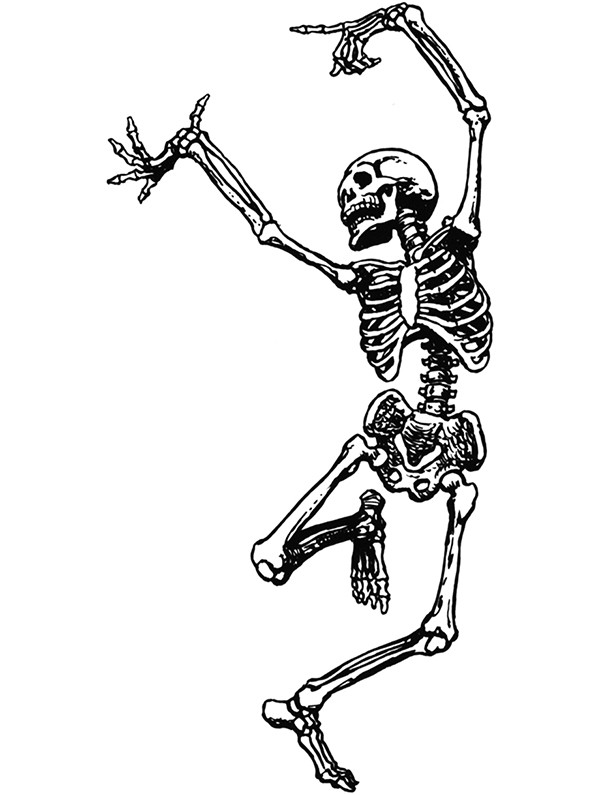
Your bones are alive! Bones are living tissue and are constantly being broken down and replaced, so they need to be fed with nutrients, particularly Calcium.
About 99% of Calcium is stored in the bones and teeth, where it provides strength and structure. The remaining 1% stays in the bloodstream, where it is responsible for blood clotting, wound healing, muscle contraction and normal communication between nerve cells.
To have enough of this mineral available in the blood to perform all of these tasks, the body will steal it from the bones. Over time, this will leave bones porous and fragile, leading to Osteoporosis. Only an adequate daily Calcium intake will maintain healthy levels in the blood, thus reducing any pilfering from the bones.
Although Calcium is the most abundant mineral in the body, most adults are only getting about half of the amount they need. There are several reasons for this: reduced intake or absorption, reduced Vitamin D intake (Vitamin D helps Calcium absorption), reduced exercise (also increases Calcium absorption), Magnesium deficiency and high intake of carbonated drinks (more about that later!). It is important to take Magnesium with Calcium, as they work closely together – you can easily find a combined supplement in the correct proportions.
One of the biggest issues I see in the modern diet is the consumption of carbonated drinks. These drinks contain large amounts of Phosphorus, which interfere with the body’s ability to use Calcium, which also predisposes us to Osteoporosis. Over the past 10 years, soft drink consumption among children has almost doubled – this is concerning, as it is the most crucial time of life for bone formation.
Sources of Calcium are commonly perceived to be dairy foods, but absorbability can be dramatically reduced by the pasteurisation process. The best bio-available dairy source of Calcium is a good quality natural yoghurt. Other sources are Tofu, Seeds, Kale, Nuts, Figs, Broccoli, Parsley, Pulses, Lemons, Olives and Parsnips. Calcium absorbability from these plant foods have been demonstrated to be considerably higher than cow’s milk, and are proven to be more effective in preventing Osteoporosis than meat or dairy sources.
Getting enough Calcium throughout life is a central factor in preventing Osteoporosis. The body is best equipped to absorb Calcium and build up bone mass before the age of 35, but it is never too late to start – studies show that Calcium can still help maintain bone density and reduce the risk of fractures in people over the age of 65.
So keep your skeleton alive by increasing good plant sources of Calcium in your diet, ensuring you get enough Vitamin D (either through direct sunlight, food or supplementation), keep soft drinks to a minimum and exercise regularly. Your bones will thank you for it!
Nicky is a Naturopathic Nutritionist practising in Dublin. She writes, speaks and advises nationwide on all aspects of health, nutrition and wellbeing. Check www.nickyflood.com for further info, upcoming courses and workshops.
By Nicky Flood

